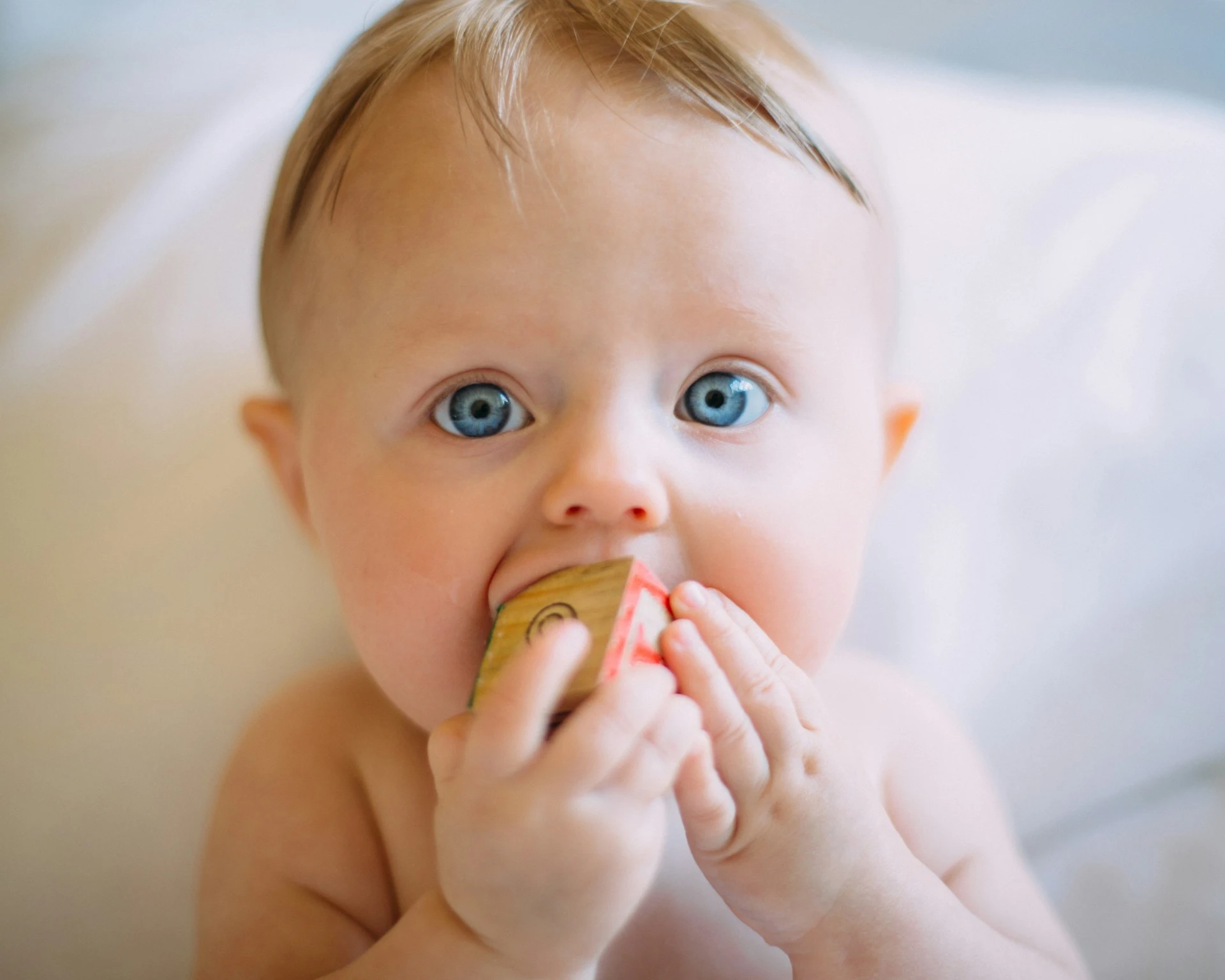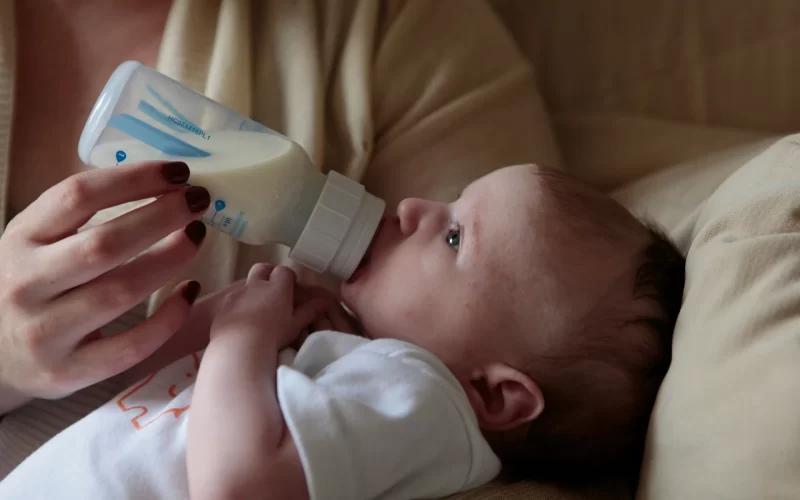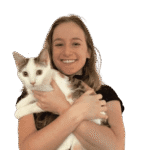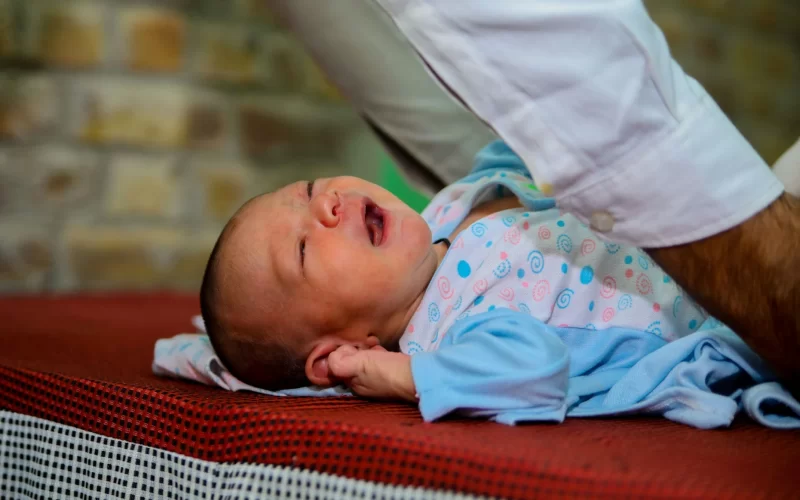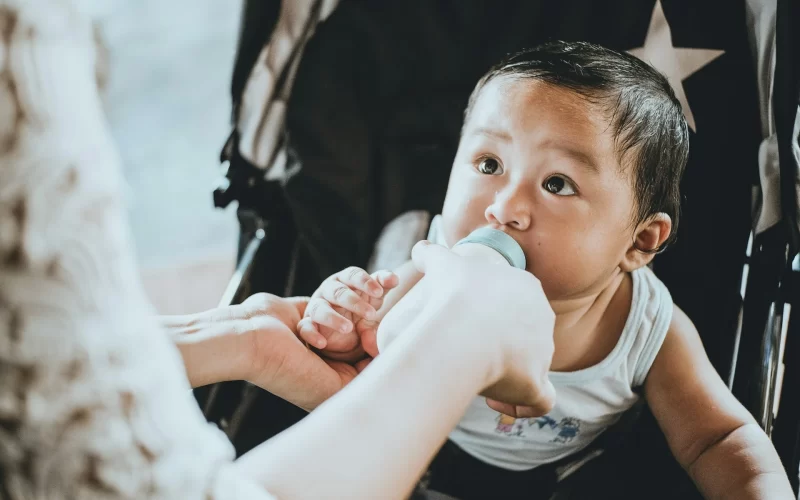Is your baby’s teething interrupting their sleep?
Insider health writer Courtney Telloian interviewed our very own Dr. Judith Hoffman to get the “inside” scoop on what families can expect when babies and toddlers get new teeth. Here are a few tips from the article:
- A teething baby may have trouble falling asleep and sleep for longer periods at a time.
- Teething may cause mild gum inflammation and slightly raise your baby’s body temperature.
- Call a doctor for major sleep changes, vomiting, fever, or diarrhea — teething won’t cause these.
- Although it’s possible for babies to sleep more when teething, this isn’t usually the case. More often, teething disrupts babies’ sleep.
- Baby teeth, also called primary or milk teeth, begin to erupt in phases between 4 and 7 months of age. Most children have a full set of baby teeth by the time they reach age 2 to 3.
- it takes about a week for a tooth to erupt, you’ll probably notice some sleep disruption for up to 2 weeks with each new tooth.
Other signs of teething:
Sleep disruptions and irritability aren’t the only ways to tell if your baby is teething — you might also notice:
- Excessive drooling
- Drool rash on your baby’s face or neck
- Increased chewing on hands or other objects
- An inflamed or swollen area on their gums
- Elevated body temperature of up to 100.4 °F
Other reasons your baby could suddenly start sleeping more:
- Illness: It’s not uncommon for babies to have a few colds or viral illnesses in their first year because they’re still building up their immune systems.
- Growth spurt: “Babies grow a lot in the first year. They tend to sleep a bit more right before a growth spurt.
- Vaccination: You might notice your baby sleeps more after routine vaccinations. According to a small 2011 study, infants slept an average of 69 minutes more for the 24-hour period after their 2-month vaccinations than they did during the 24 hours before vaccination. This likely happens because vaccines trigger an immune response, causing the body to act like it’s fighting an illness.
- Development: Sometimes, sleeping more is just a typical part of development. For instance, babies commonly consolidate sleep — or sleep for more hours at a time during the night — around 4 to 6 months once they gain more weight.

